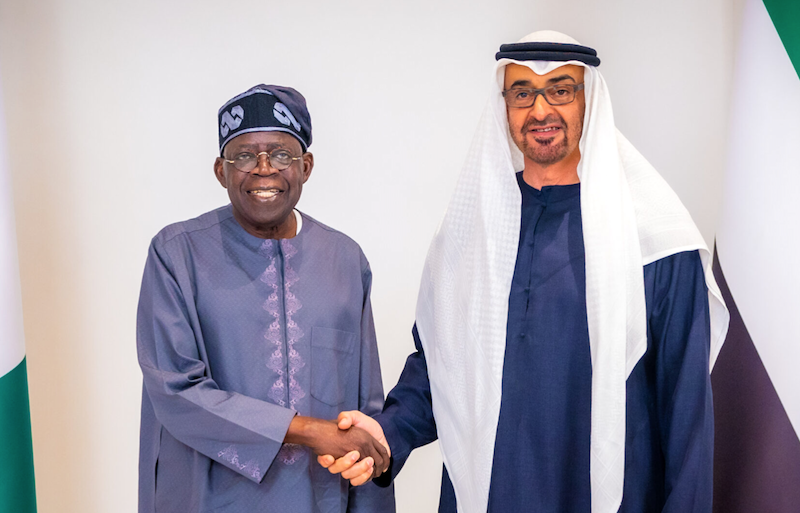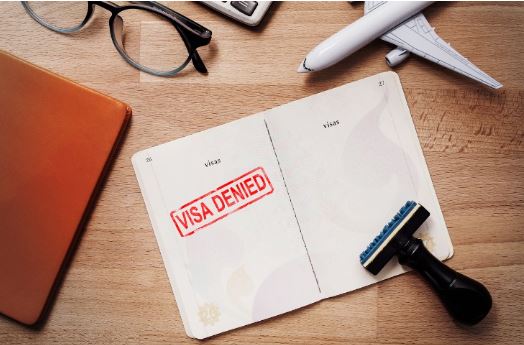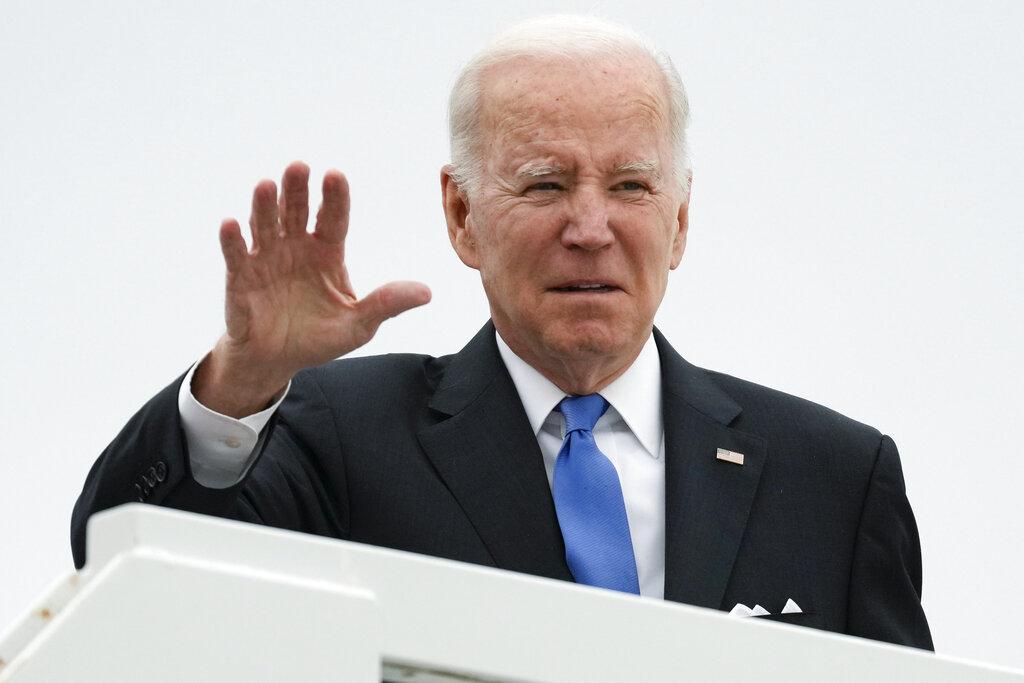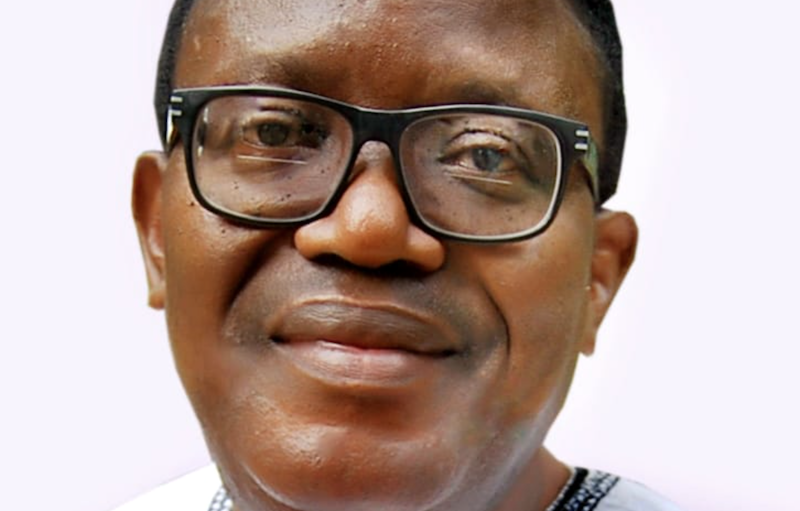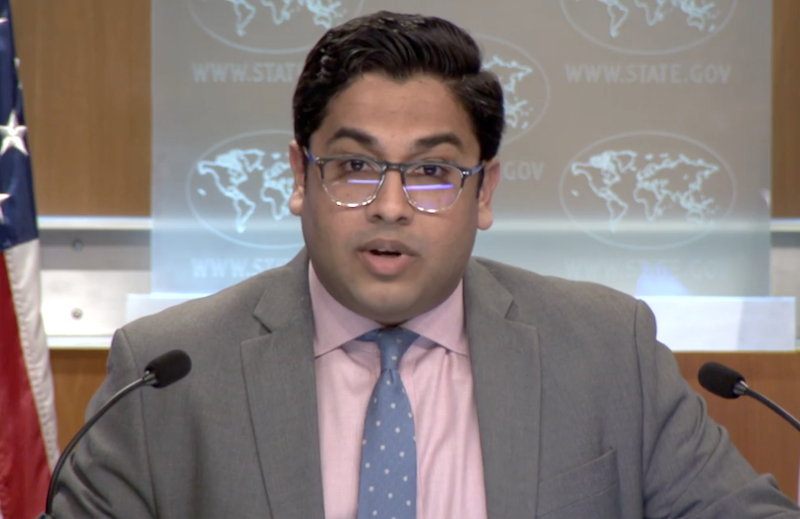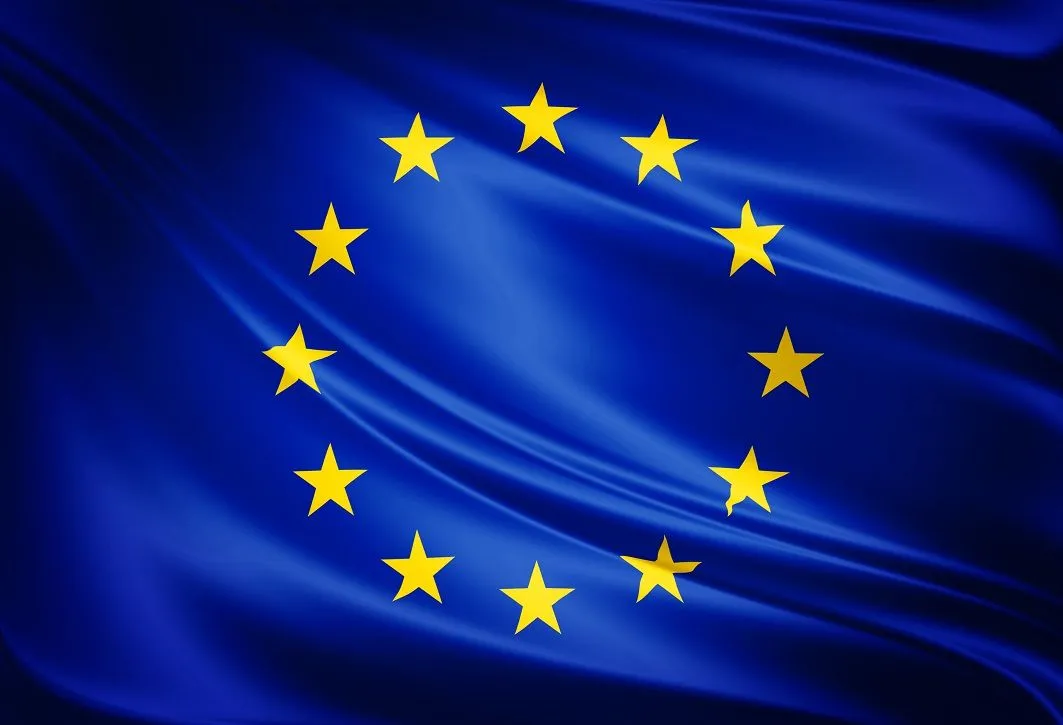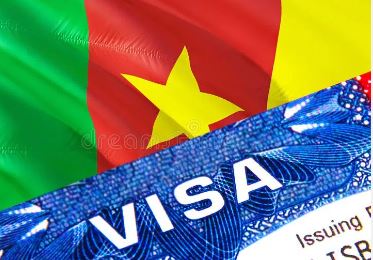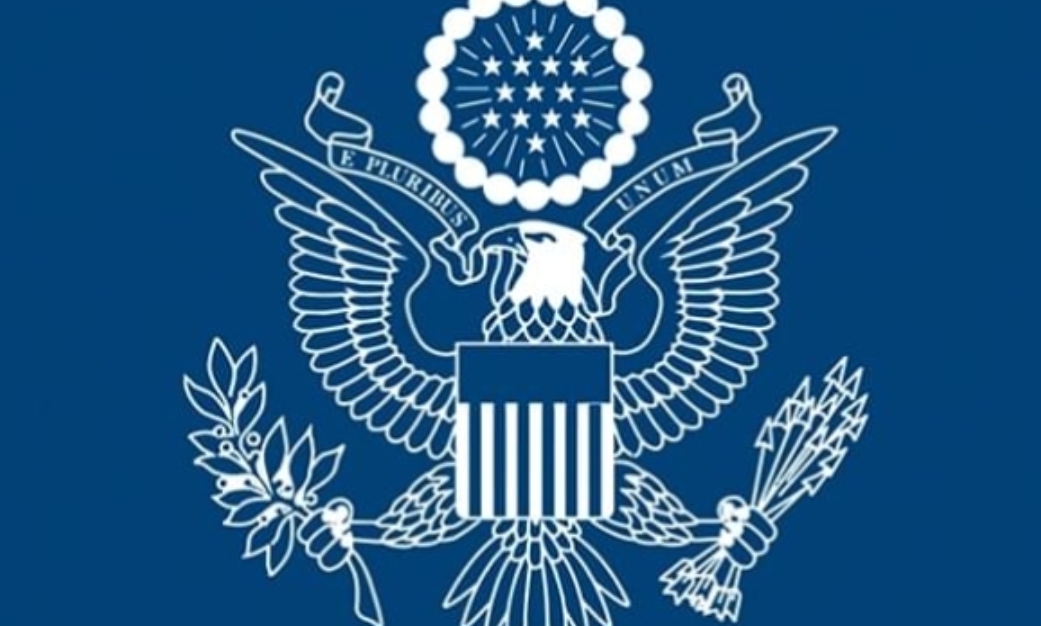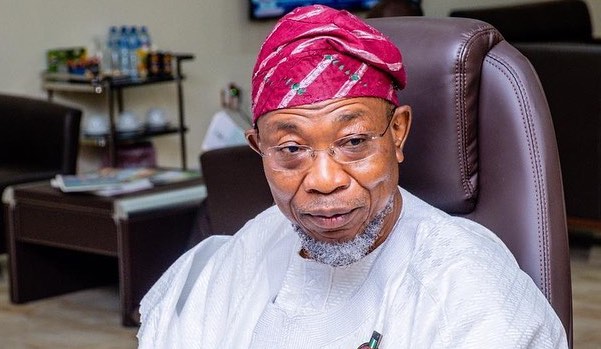THE United States of America, US, this Monday placed visa restrictions on some Nigerians who allegedly undermined the February and March 2023 general elections. The US in a statement by its Secretary of State, Antony Blinken, said it took the decision as part of its commitment to supporting and advancing democracy in Nigeria and around the world.
The restrictions, he said, affect those “believed to be responsible for, or complicit in, undermining democracy. These individuals have been involved in intimidation of voters through threats and physical violence, the manipulation of vote results, and other activity that undermines Nigeria’s democratic process”.
A number of issues arise from this decision. When the US claimed that those affected were involved in “the manipulation of vote results”, how did it know when the election petition tribunals and courts are still sitting and have not reached or given verdicts in any of the cases? Did the Americans constitute their own secret courts and found the said persons guilty? Were those the Americans want to ban, taken to any court? Were they given any hearing; whether fair or not before being found guilty?
Is the ban a result of a conclusive American investigation? If results were manipulated as the Americans claim, then they must have the true results. If they do, why have they not published it? Can the Americans usurp the powers of the Independent National Electoral Commission, INEC, which is empowered to conduct and announce election results? Do they have the powers to sit over election petitions and deliver judgement?
If the American conclusion is based on its opinion, can it oblige us how it came to such conclusion? Was it its security agents that compiled the ‘authentic’ results, reported back to the American government on which basis such opinion was formed? Can justice be served based on opinions or perceptions rather than verifiable facts? Will those affected be told the reason why their visa application is rejected? If not, how do they seek a review, including applying for a judicial reappraisal to determine if the restriction is lawful, rational or legal?
I am not saying the US or any country for that matter does not have a right to give or deny visa. If anything, every sovereign state, except on humanitarian grounds, has the right to stop any non-citizen stepping foot on its territory if it thinks the presence of such a person can be injurious to its interests. However, such action should be based on verifiable facts not assumptions or opinions which may end up punishing the innocent.
Also, the American decision is supposed to serve as a warning to other people who may want to short-circuit the democratic process; but how can these ends be served when there are no names released and the process is likely to be secret? Yes, the Americans may want to avoid stigmatising people, but if it has verifiable facts, why not?
In past elections in Nigeria such as the 2019 ones, there were claims in the media that particular persons were under visa ban by the US which turned out to be untrue.
We may never know whether the American visa restriction is a reality or a farce; whatever it is, the US has to be careful not to strut the universe as the self-appointed policeman of democracy.
Yet a second matter we may never know is why the Generals in Sudan are at war. A war which, by May 16, had claimed over 1,000 lives, with 4,500 injured.
It is virtually impossible to have a country where the armed forces and the militia seem equally matched on the battle field without foreign assistance. My conclusion is that both sides in the Sudanese war have foreign backers.
The reports that the Rapid Support Forces, RSF, sent 40,000 of its members as Saudi Arabia mercenaries to fight in the Yemeni civil war, has not been denied. Also not refuted is the European Union’s conscious but indirect funding of the RSF. It is estimated that the EU paid between 200 -600 million Euro to the Sudanese government to detain and prevent migrants from reaching Europe. The Sudanese leader, Hassan al-Bashir, outsourced this job to the RSF and paid it using the EU funds. Far back in 2017, the ‘Enough Project’ wrote a report warning that with such payments, the EU was strengthening the RSF militia which was notorious for massacres and crimes against humanity in the Darfur region. It is this militia, known as the Janjaweed, that was re-branded as the RSF.
Both the Sudan Armed Forces, SAF, and the RSF were under the joint command of President al-Bashir. They accepted his leadership. But when the civil populace in 2019 rose and were on the verge of removing him, both the SAF and the RSF conspired to overthrow al-Bashir and subvert the mass revolution. In doing so, both forces might not have realised that they were snapping the rope that bonded them. At first, they remained united in their plans to subvert the popular revolt. In the interim government, SAF’s General Abdel Fattah al-Burhan was Head of State and RSF’s General Mohamed Hamdan ‘Hemetti’ Dagalo, was Deputy.
While the former was meeting foreign leaders and sourcing for funds, the latter remained in Sudan massacring the Sudanese masses who insisted that both forces hand over power to the civil populace and subject themselves to civil control. Both forces again conspired in 2021 to remove the interim civilian administration. However, after a transition programme was sketched out in 2022, the SAF and RSF were required to merge. The question of who leads between the two Generals cropped up. This blew into open combat on April 17.
It is not known if all there is to the conflict is who leads, or the fact that both forces control the resources of the country with the RSF being in charge of the minerals. There is also the ethnic issue, with al-Burhan being Arab and Hemetti from the Mahariya Rizengat herders tribe in Darfur. There is also the issue of al-Burhan supporting the Russians building a military base in the area and the West rejecting it. We may never know the real reasons for the fall-out but what is clear is that both the SAF and RSF are a danger to Sudan and Africa.
Any defeated side will spill into other African countries, bringing trained men and arms. This was what happened in Libya and countries like Mali, Burkina Faso and Nigeria were saturated with defeated fighters who turned into ethnic militia and bandits. It is better for Africa to bring these rogue forces together and let them hand over power to the pro-democracy forces in Sudan, than allow one army to take out the other.
